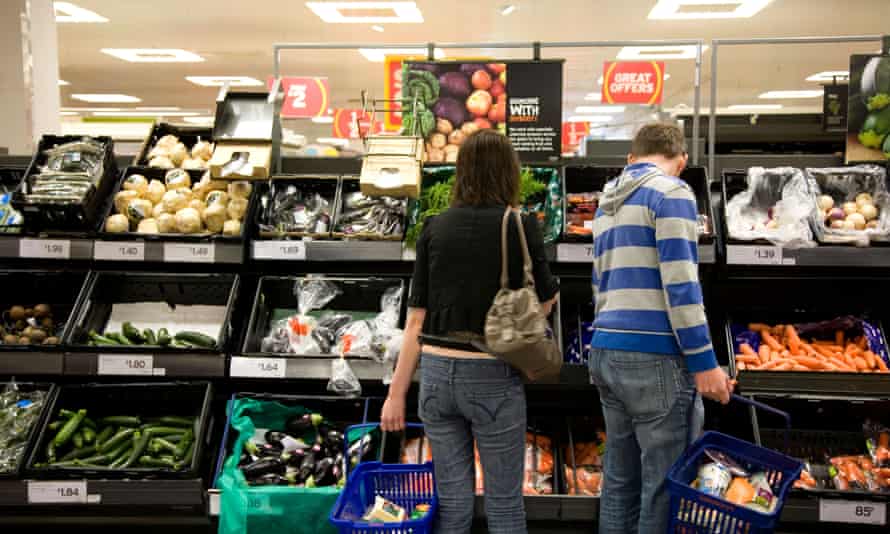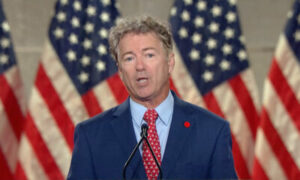Canada’s yearly inflation rate sped up to an 18-year-high in August, driven by wide upward price pressures, information displayed on Wednesday, only days before a fervently challenged government election that could see Prime Minister Justin Trudeau’s Liberals removed.
The rate increased to 4.1% in August, its quickest clip since March 2003, Statistics Canada said, beating analyst estimates and prompting Trudeau’s main adversary to pounce over the increasing typical cost for living.
“The numbers released today make it clear that under Justin Trudeau, Canadians are experiencing an affordability crisis,” said Erin O’Toole, leader of the main opposition Conservatives, in a statement.
The Conservatives have a narrow lead more than Trudeau’s Liberals at 31.2% to 30.5% only days before the Sept. 20 vote, as per another Nanos Research poll. The left-leaning New Democrats are in third at 21.4%.
Nations all throughout the world are grappling with hot inflation in the midst of store chain hurdles and labor deficiencies as limitations are facilitated and tightened with each new wave of the virus, prompting choppy demand and supply bottlenecks.
The Bank of Canada has said it expects feature inflation to stay over its 1%-3% control range this, prior year moving back to the 2% target in 2022.
“This doesn’t mean anything short-term for the Bank of Canada. They’ve been very insistent that the inflation shock is transitory,” said Andrew Kelvin, chief Canada strategist at TD Securities.
In Canada, the hot inflation print was driven by high gasoline costs, rising housing costs and a surge in the costs of goods like furniture, appliances and vehicles, alongside high travel-related costs as restrictions eased.
That was something contrary to the United States, where a brutal fourth wave has discouraged travel.
“It is really the mirror opposite of what we saw in the U.S. yesterday, where we had the travel components showing signs of cooling. Here, they are showing signs of heating up,” said Jimmy Jean, chief economist at Desjardins Group.
“It is still part of the reopening effect. In August we were still getting back to normal,” Jean added.
Analysts polled by Reuters had anticipated that the annual inflation rate should increase to 3.9% in August. At 4.1%, it was the highest since the 4.2% recorded in March 2003.
The three measures of core inflation every posted increase. CPI common, which the Bank of Canada calls the best gauge of the economy’s underperformance, edged up to 1.8% from 1.7% in July.
The Canadian dollar was trading 0.2% higher at 1.2663 to the greenback, or 78.97 U.S. cents.
Disclaimer: The views, suggestions, and opinions expressed here are the sole responsibility of the experts. No Chicago Headlines journalist was involved in the writing and production of this article.





